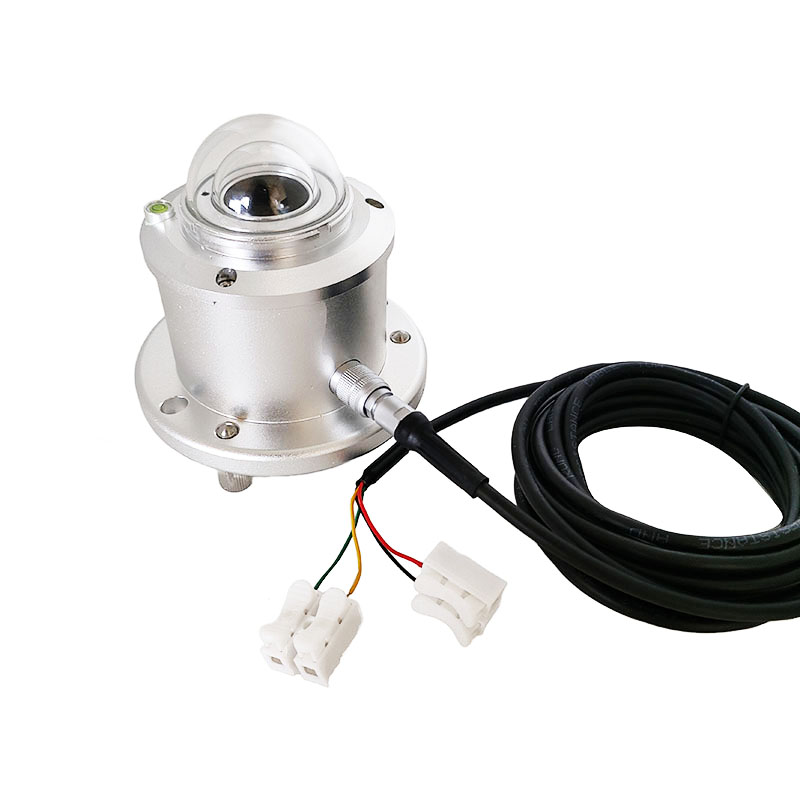In order to accelerate the development and utilization of renewable energy, the Indian government recently announced the deployment of solar radiation sensors in several states. This move is an important step in India’s commitment to transforming into a global leader in renewable energy. It aims to monitor and analyze solar radiation to optimize the planning and implementation of solar power projects.
According to the Indian Ministry of Renewable Energy, solar radiation sensors will first be deployed in high-potential solar power generation areas in the country, such as Andhra Pradesh, Tamil Nadu, Jharkhand and Maharashtra. The installation of sensors is expected to be officially completed in the first quarter of 2024, after which they will begin to provide high-quality real-time data to relevant departments.
India has set a goal of achieving 450 gigawatts of renewable energy installed capacity by 2030, and solar energy is a core component to achieve this goal. By accurately monitoring solar radiation data in various regions, the government can more effectively select suitable sites for the construction of solar power stations, optimize the design of solar projects for local conditions, and improve power generation efficiency.
“These newly installed sensors will provide key data for our solar energy plan, allowing us to better understand the solar resources in various regions,” said RK Singh, India’s Minister of Renewable Energy, at a press conference. He stressed that this will help attract more private investment and promote technological innovation.
At present, India has become the world’s third largest renewable energy market, and its solar power generation capacity is constantly increasing. With technological progress and policy support, India is expected to continue to expand the application of solar energy in the coming years.
The installation of solar radiation sensors not only reflects India’s determination to promote renewable energy, but is also seen as a positive measure to address climate change and protect the environment. Experts said that these data will also provide important support for climate research, crop growth and water resource management.
With the advancement of this project, India is expected to play a more important role in the global energy transformation process and make greater contributions to achieving sustainable development goals.
For more total solar radiation sensor information,
please contact Honde Technology Co., LTD.
Email: info@hondetech.com
Company website: www.hondetechco.com
Post time: Dec-23-2024


